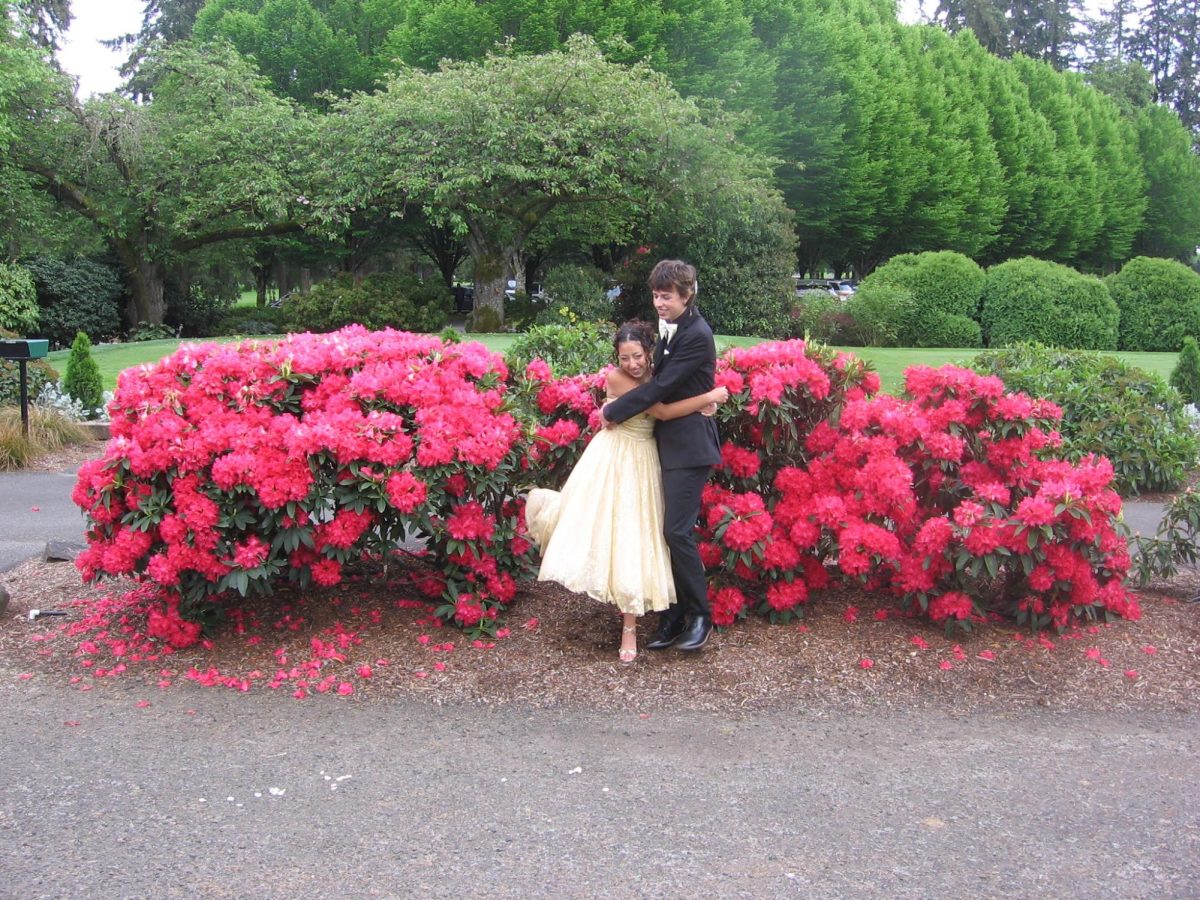Everyone has a culture. The world constantly pushes the concept of “fitting in” and being the same as everyone else. But people aren’t the same, and to reject your culture is to disconnect from the very essence of your identity, rejecting who you are. There is great importance and even power in embracing your culture.
When I was younger, as a multiracial person, I didn’t know which side of me I connected to. I didn’t know whether to say I was Black or if I was white, or which box to check when it came to those surveys asking which ethnicity I identified as. As time went on, I felt like I didn’t know where I belonged. I decided to go along with everyone else, and I thought I would eventually become accepted and feel like I belonged, but it honestly did the opposite.
Only recently, when I realized I didn’t have to be one or the other, did I understand how important it is to embrace my culture. Although the journey can feel long, it is an extremely important one to take.
The first step to embracing your culture is to understand what culture really is. Culture is a complex umbrella covering a multitude of aspects of human ways of life: the language you speak, the mannerisms you use, the music you listen to, the food you eat, the holidays and traditions you celebrate, what you wear and how you wear it and deeper things like your beliefs about what is right and wrong, the religion you live by and your attitude and experiences. In short, culture is how you live your life and why you live that way.
The question is, how do you embrace your culture? Embracing one’s culture can be difficult, and particularly so if you live in a place where your culture is a minority and you’re surrounded by few, if any, who share the same customs and values as you. it’s not bad to adapt, denying who you are is never the right choice. To truly embrace your culture, meditate on what that means to you. Think about your roots, about your parents, your ancestors and the experiences that have shaped you. And remember culture is not just your ethnic background, it extends to your community, your environment, and even the subtle distinctions that come from living in a place like Oregon compared to other parts of the country. Understand what has contributed to making you you; then from there, you can dive right in.
Do your research, listen to the music, eat the food and speak the language. Engaging in activities that reflect your heritage fosters a deeper connection to your culture, helping you not only understand it but also feel it in your bones. Talk to your family, learn their history and gain a richer and more personal sense of belonging.
By embracing your culture, you honor your past, strengthen your identity, and empower yourself to navigate the world with confidence and pride.







